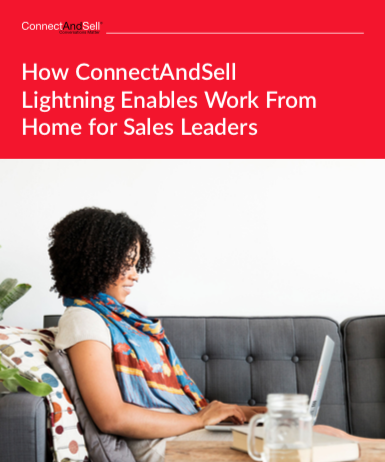
Part 1: Life at 1,000 Dials a Day — Do Reps Burn Out From Having Too Many Sales Conversations?
One comment theme on my recent LinkedIn post, “If cold calling is dead, who got these results last Thursday?”, was sales rep burnout.
Sure, 8 reps having 255 conversations with CIO/VP IT decision makers in 5.5 hours sounds great; and, yes, setting 18 meetings against a goal of 1 meeting sounds productive — but isn’t that a sprint? And isn’t sales a marathon?
The answer shouldn’t be surprising, but apparently it is. Good sales reps LOVE having sales conversations. And having 20x more conversations makes the job 20x more satisfying, rewarding, lucrative and … wait for it … FUN. Yes, fun. And while fun can be tiring, it rarely leads to burnout.
Let’s look at it from a time perspective. The reps in this so-called “sprint” actually spent an average of 77 minutes in actual conversation. The rest of the day was spent:
• Waiting for a conversations: 201 minutes spent on email and research
• Wrapping up conversations: 58 minutes taking notes and setting follow-ups
So, the burnout question is reduced to this: can a good sales rep burn out by talking to targeted prospects for less than an hour and half every day? Why “a good sales rep”? Two reasons:
1. Good reps like to have conversations. So do some mediocre or bad reps, but there is a kind of modern sales rep that, believe it or not, is not comfortable talking to strangers.
2. Does it really matter if a bad rep burns out and decides to pursue some other line of work? It sounds unkind, but not everyone is cut out for sales.
For many reps, waiting a total of 201 minutes per day to have 36 conversations can be wearing. Fortunately, there are plenty of useful things to keep a rep occupied while waiting a few minutes for their next conversation, and it’s a rare sales shop that doesn’t provide a couple of screens to support multi-tasking. There’s always plenty to do in sales, so we don’t need to worry about boredom being a source of burnout.
Will spending a minute or two after each conversation taking notes, selecting a call disposition, and setting up a follow-up or referral call lead to burnout? One thing is for sure — getting to wrap up a call without having to manually update the CRM should reduce, not increase, burnout. So while these reps might not love paperwork any more than any other reps, and having 36 conversations instead of the expected two or three, at least they didn’t have to:
– Dial the phone (except once at the beginning of the day).
– Navigate a single phone system.
– Talk to a single gatekeeper.
– Listen to a single voicemail greeting (or leave a voicemail no one will listen to or call back).
– Update the CRM with yet another “dial to nowhere.”
Good reps burn out from frustration, from knowing those great prospects are out there but are increasingly hard to get into a conversation. Technology that completely eliminates that frustration and effortlessly delivers conversations on demand doesn’t cause burnout: it enables results and prevents burnout for good reps.
Links to Intro, Part 2, Part 3, Part 4, Part 5, Part 6, Part 7, Part 8, Part 9, Part 10, Part 11, and Part 12 of this blog series.

